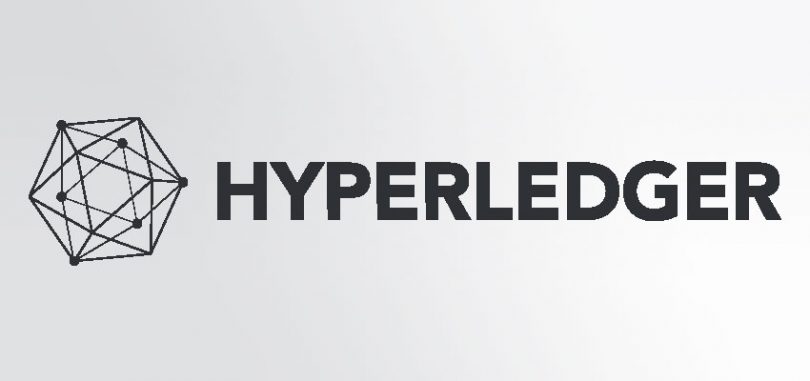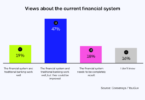In August last year, Besu joined the Hyperledger community as an open source enterprise blockchain solution. Today it graduated from incubation to an active Hyperledger project. Initially developed by PegaSys, part of ConsenSys, the Ethereum client was previously known as Pantheon.
Hyperledger Besu is a competitor to JP Morgan’s Quorum and is designed to work both as a client for the public Ethereum mainnet and permissioned blockchains. A high profile project that’s using Besu is Liquidshare, a solution for SME stocks backed by Societe Generale, BNP Paribas, Euronext and Euroclear.
The Besu client uses the Java programming language, which is popular amongst enterprise developers. It includes features that are demanded by enterprises such as privacy and permissioning.
To graduate from incubation, a project has to meet a number of criteria including legal requirements, decent documentation and a broad-based community. Many of the new contributors beyond ConsenSys are well known in the Ethereum community. Two have significant enterprise experience, Web3Labs and Everis. The latter is a subsidiary of NTT Data with €1.4 billion in revenues ($1.5 billion).
In terms of next steps, some of the technical roadmap work includes performance and privacy improvements.
The other active Hyperledger protocols are Fabric, Sawtooth, Iroha and identity oriented Indy.
Just yesterday ConsenSys announced a deal with Hitachi Solutions to act as a Japanese reseller for PegaSys Plus, the commercially licensed version of Besu with additional features.






